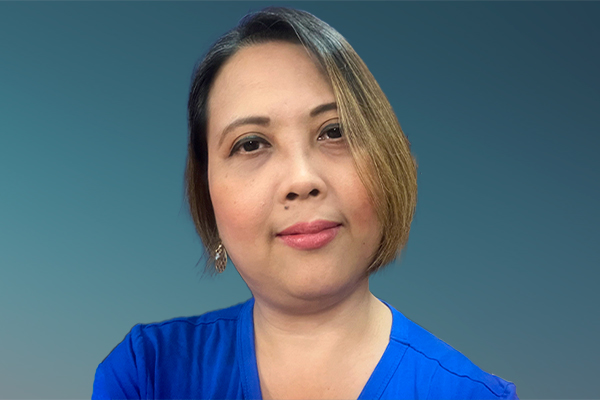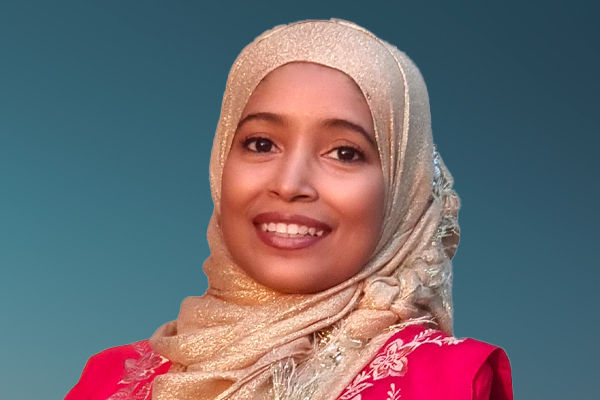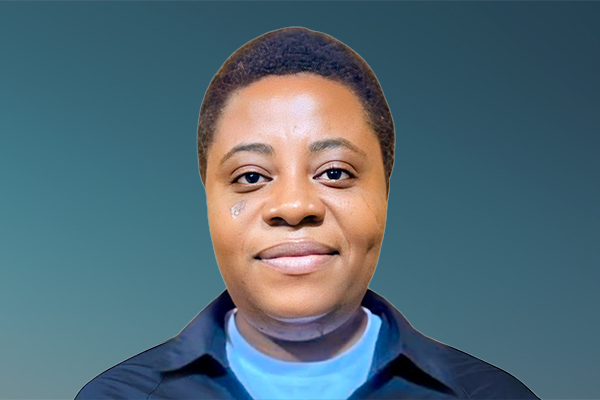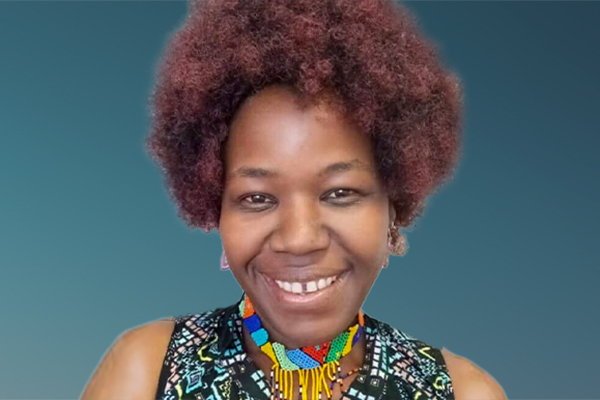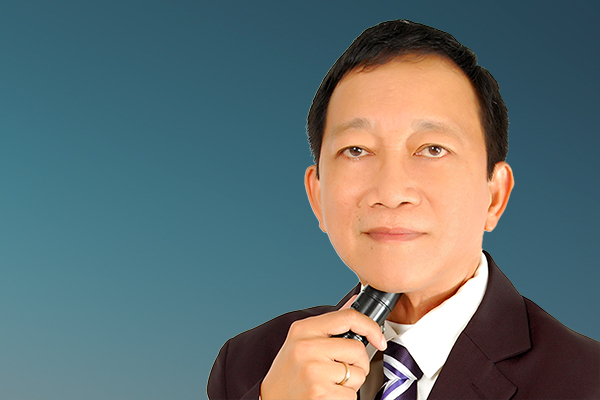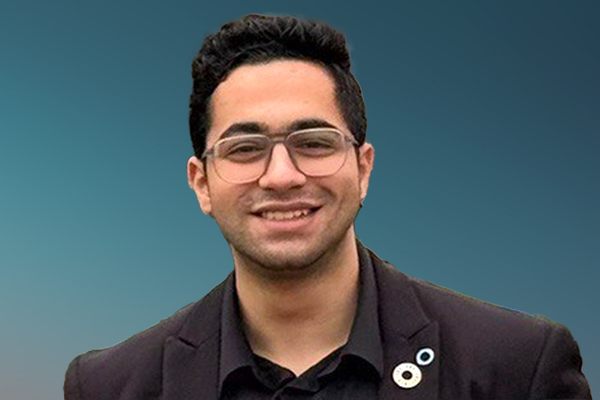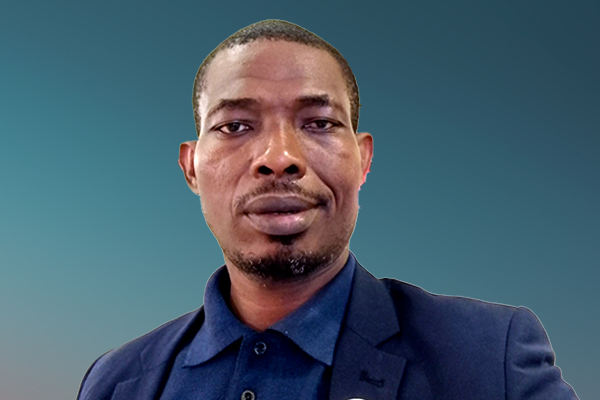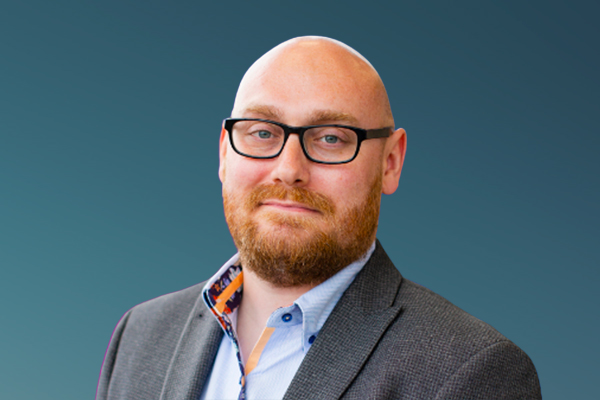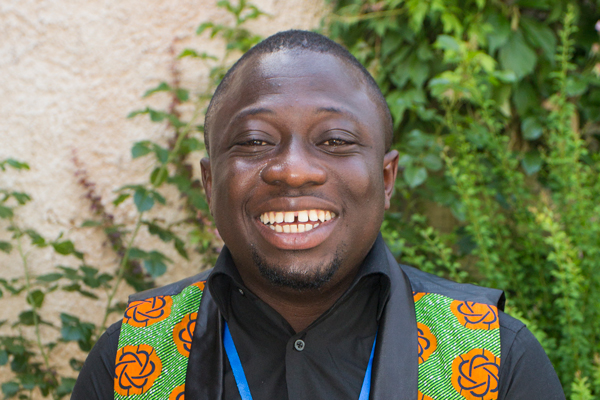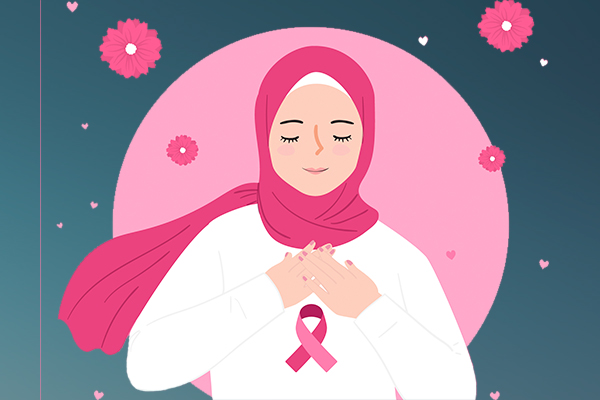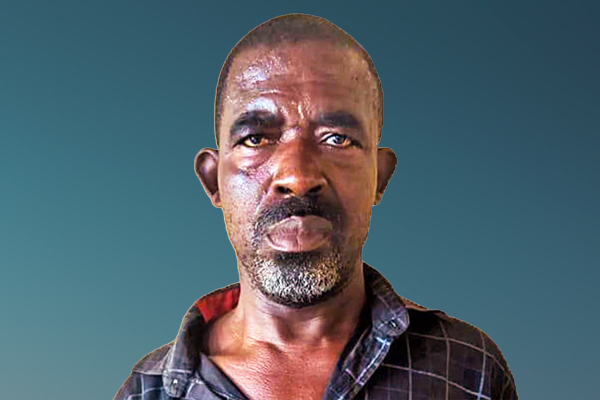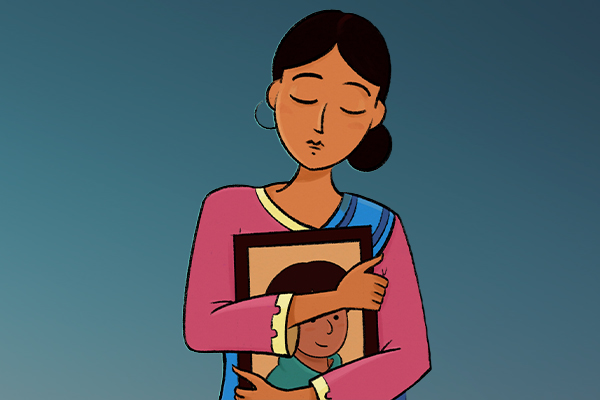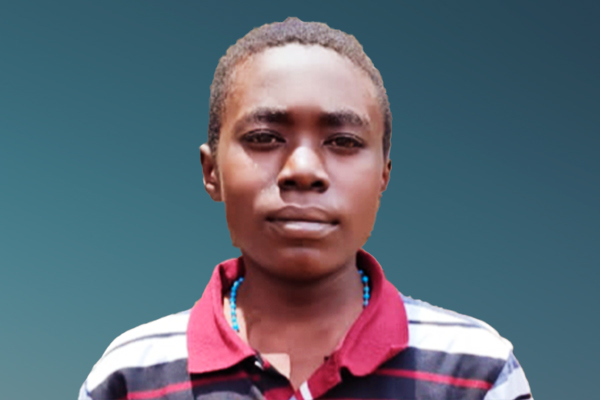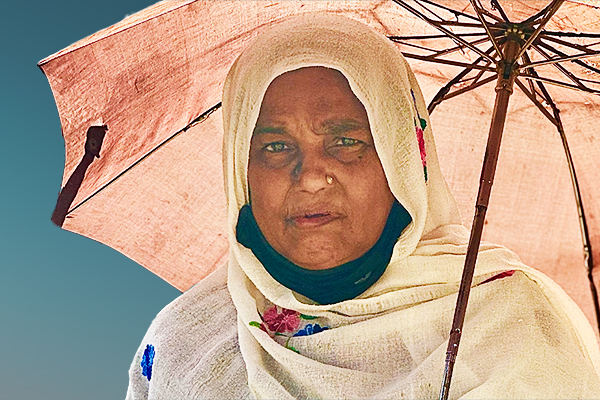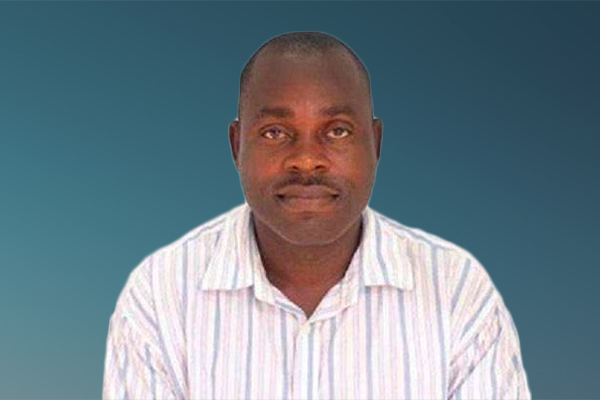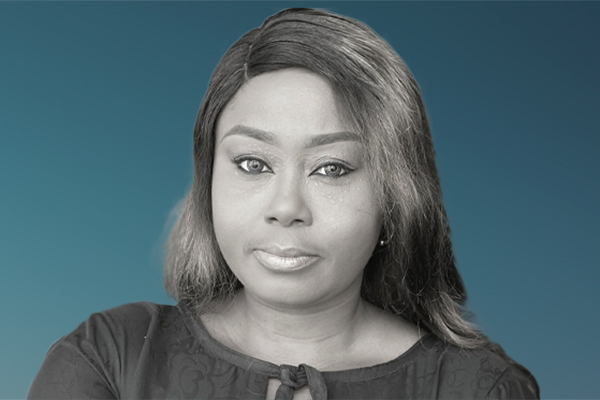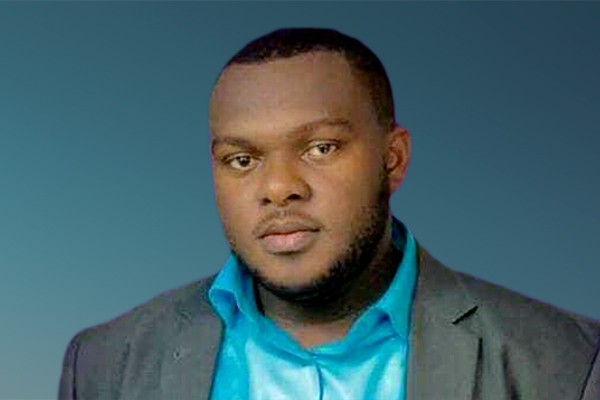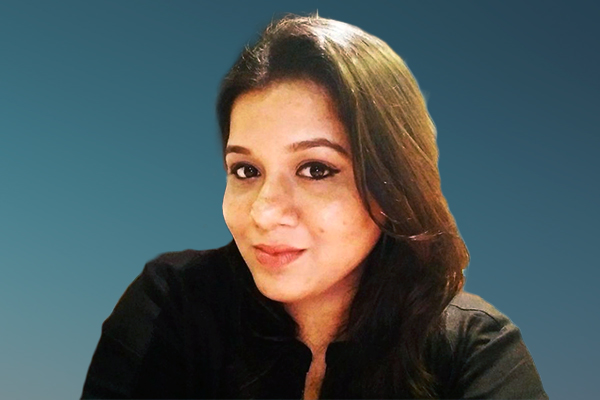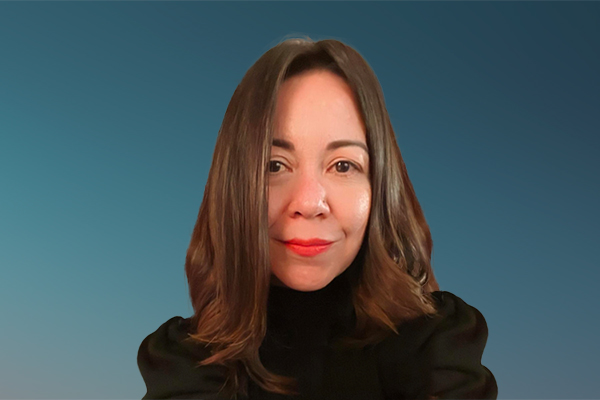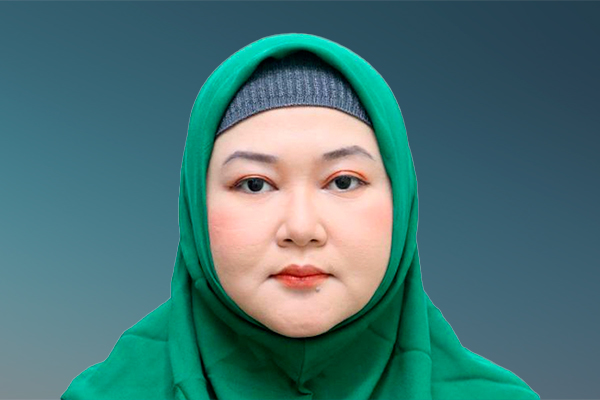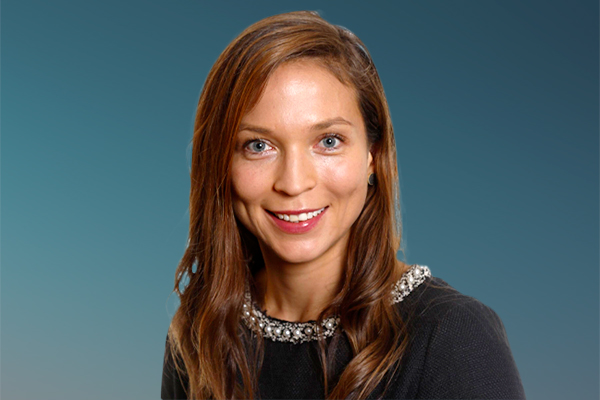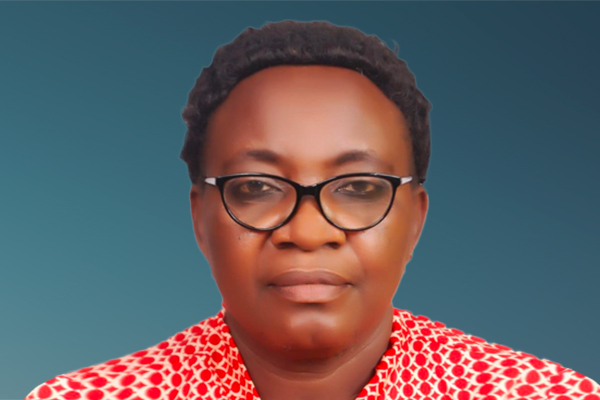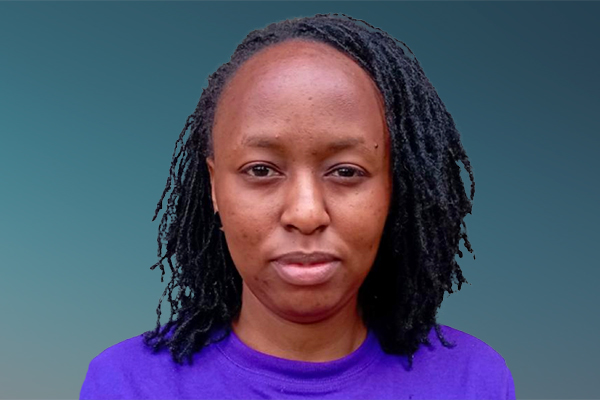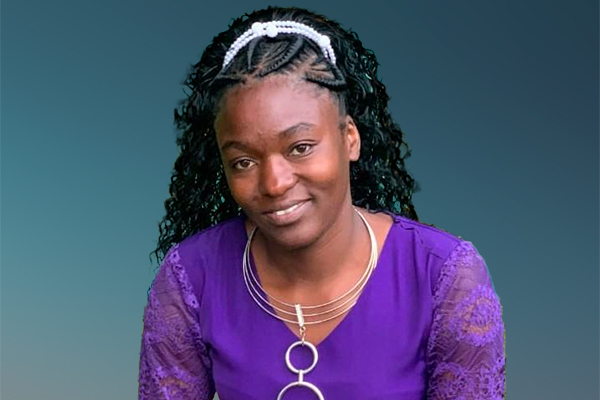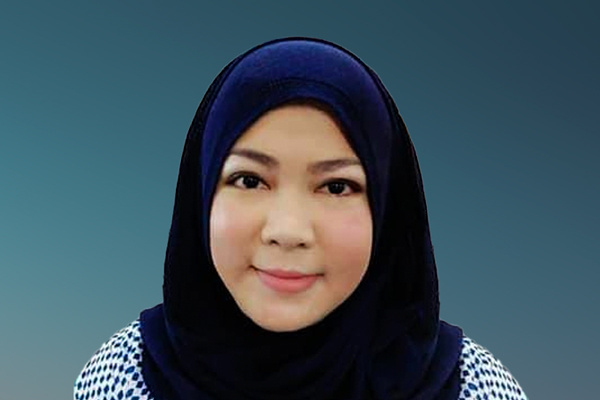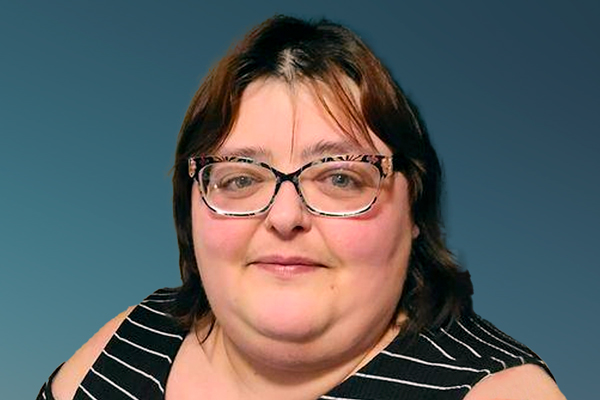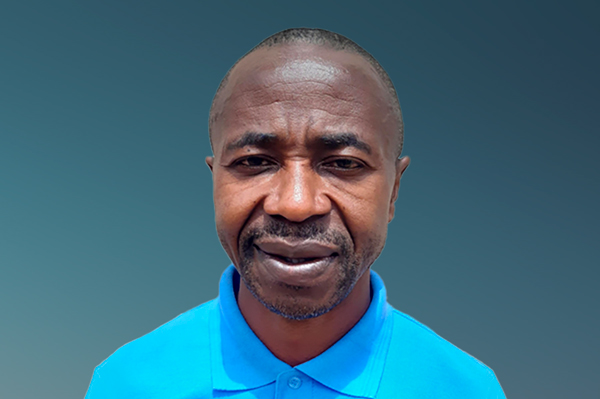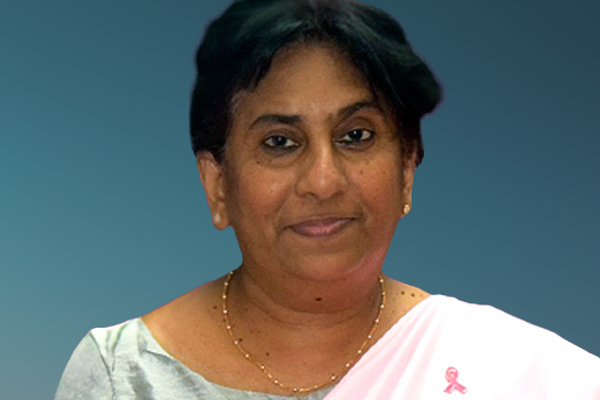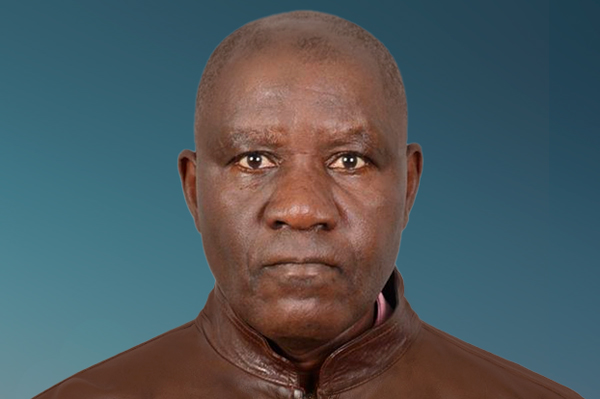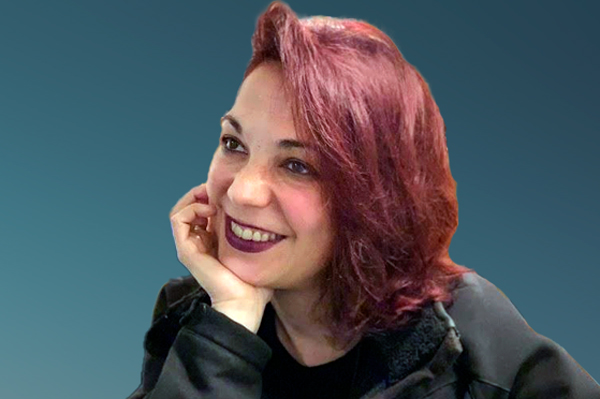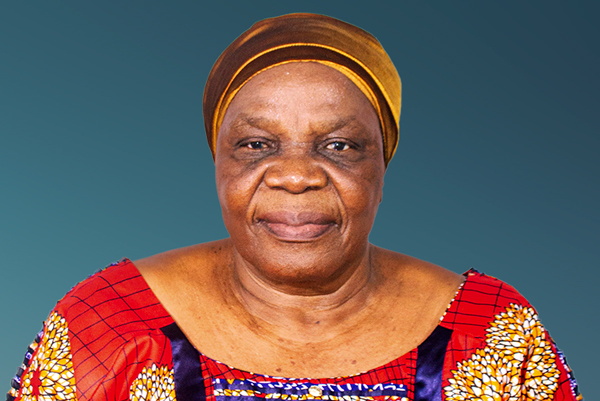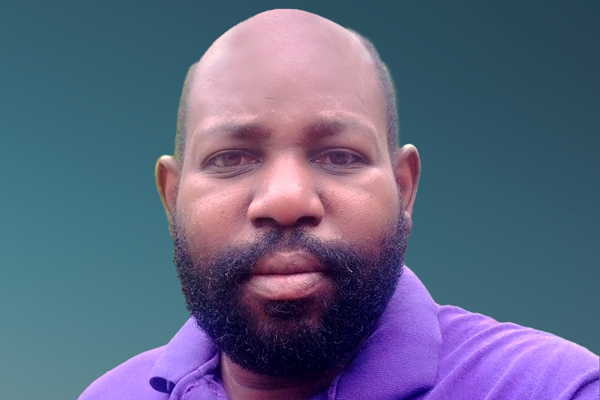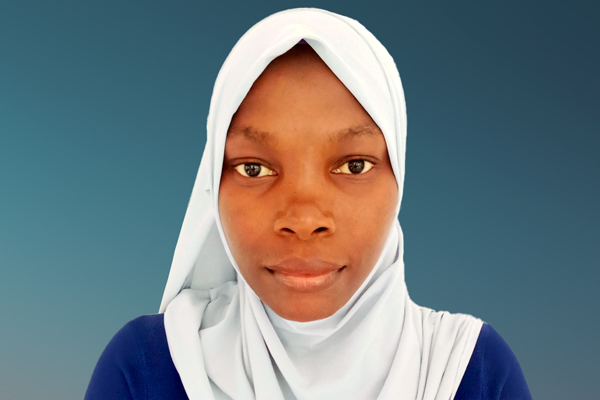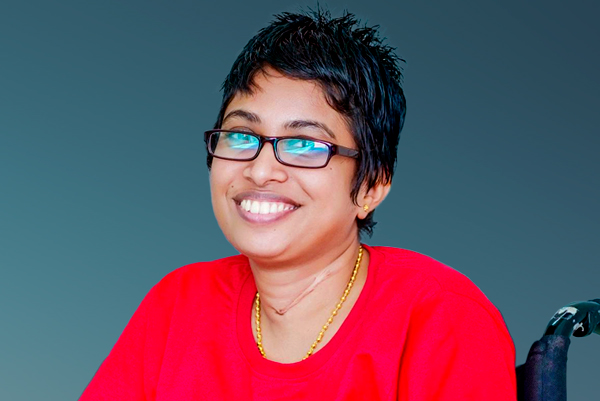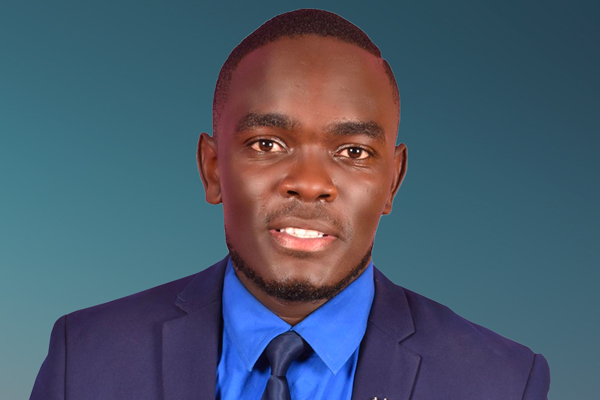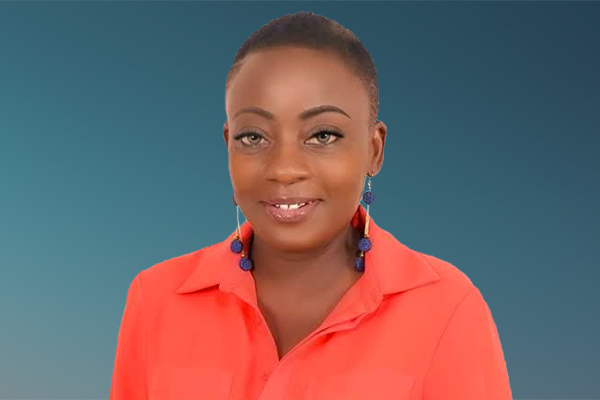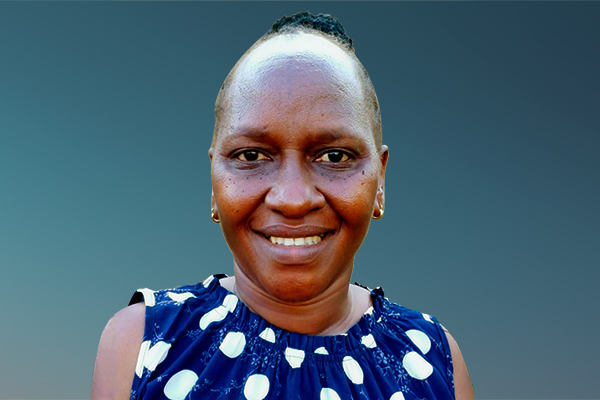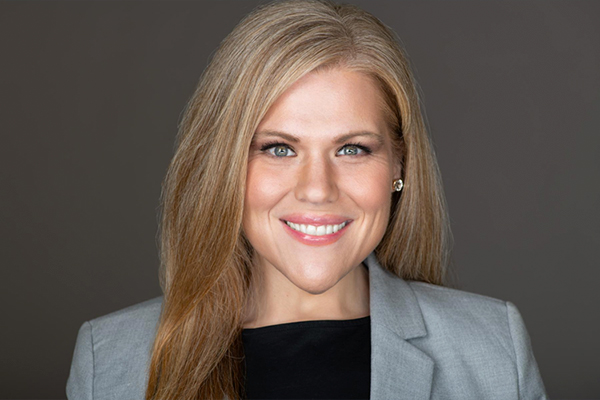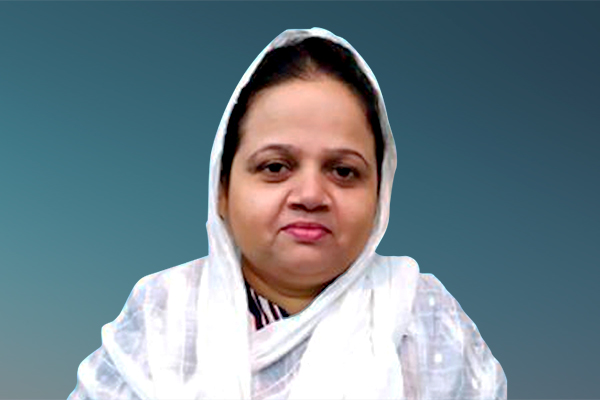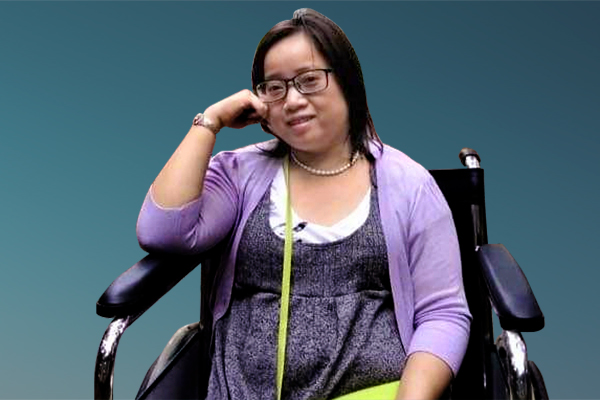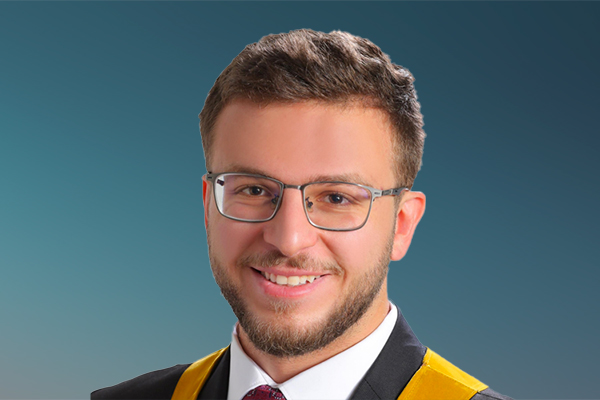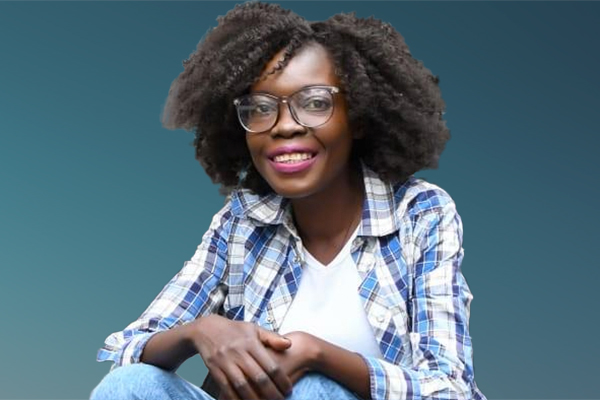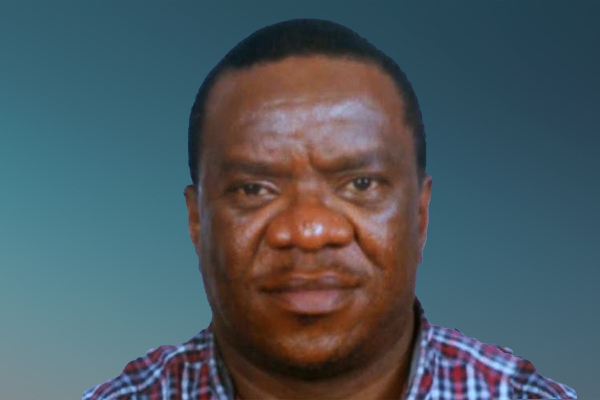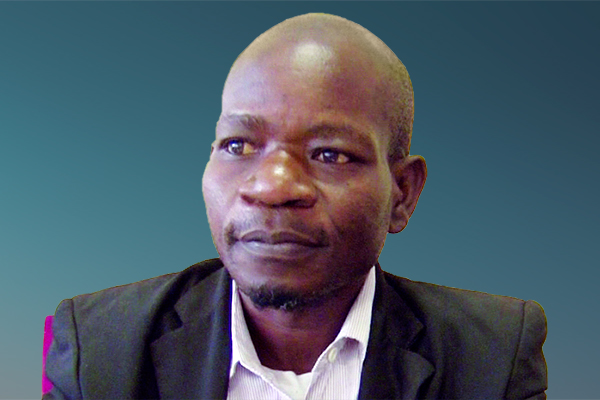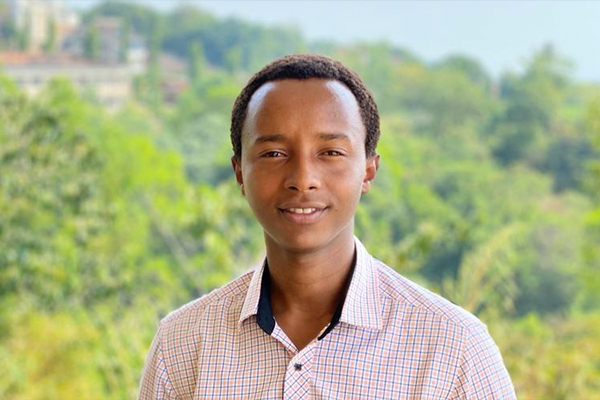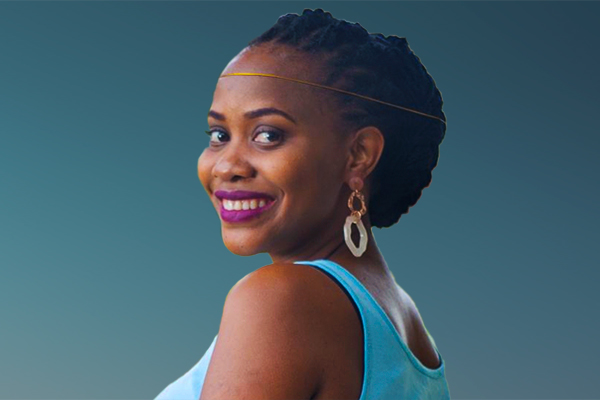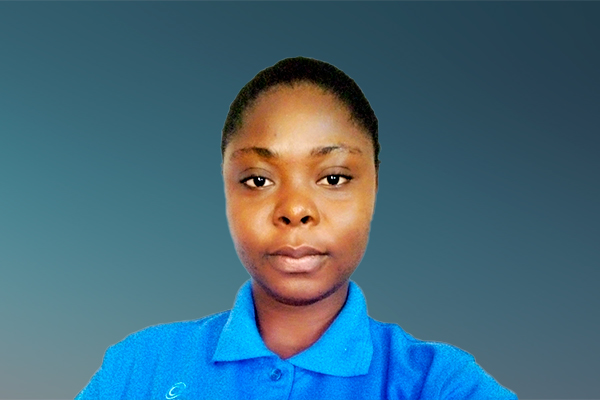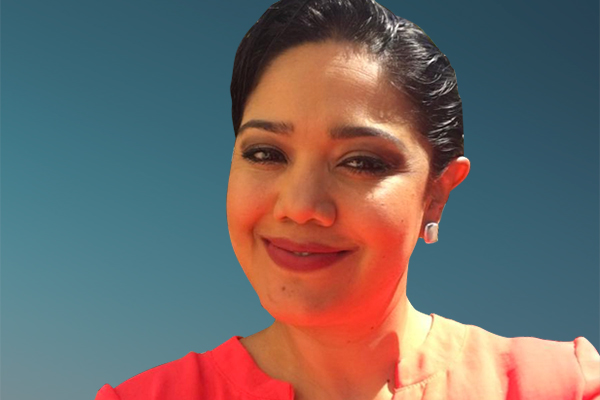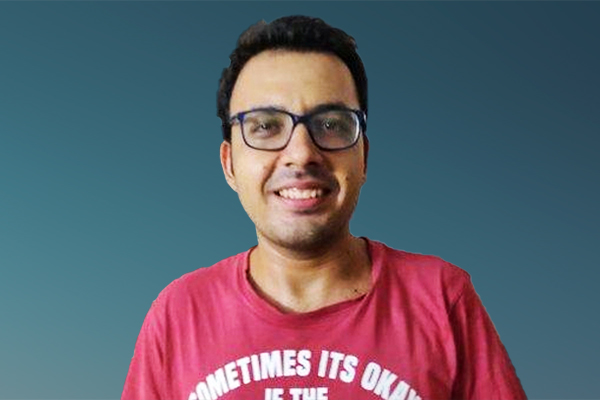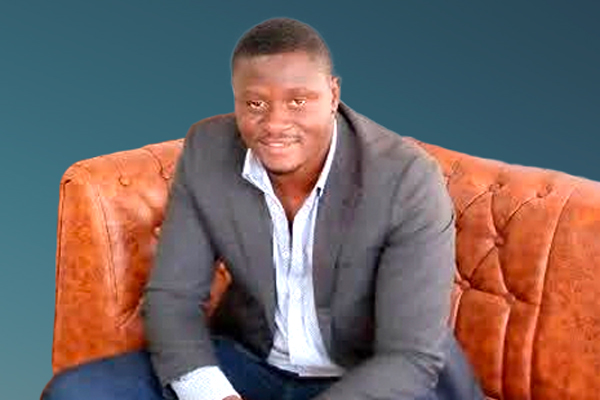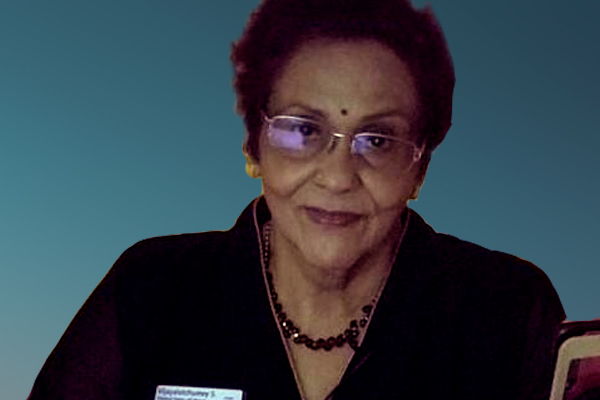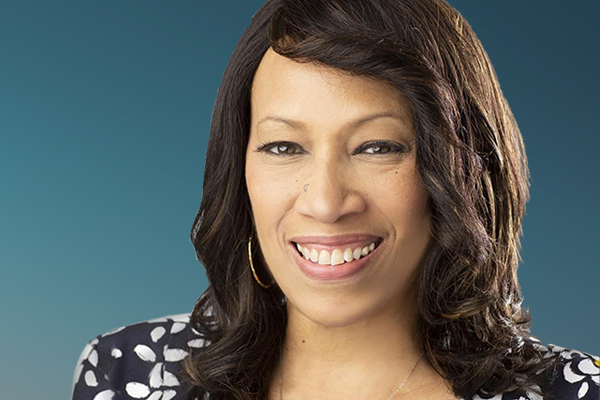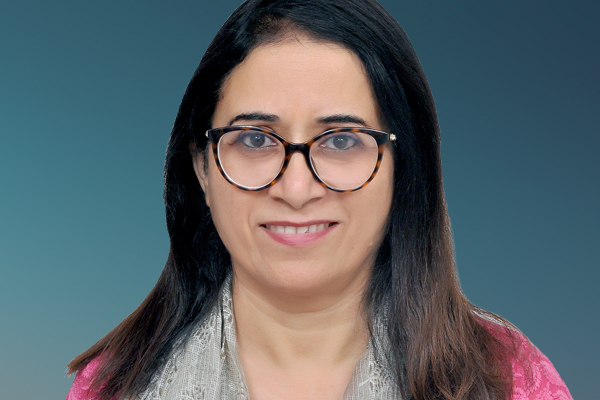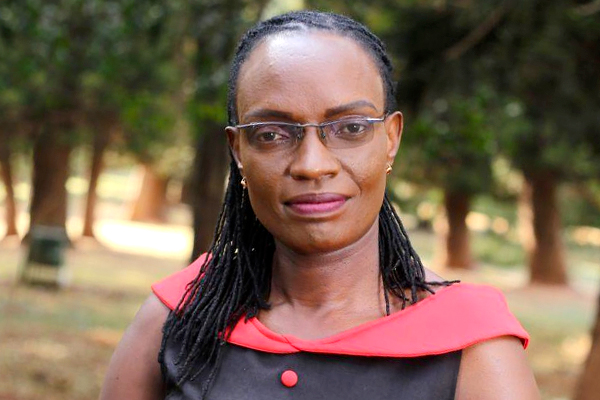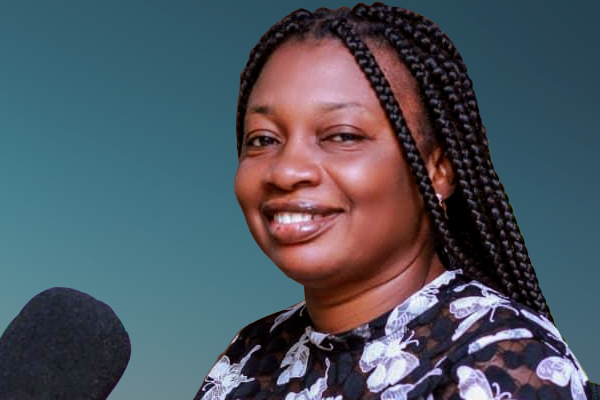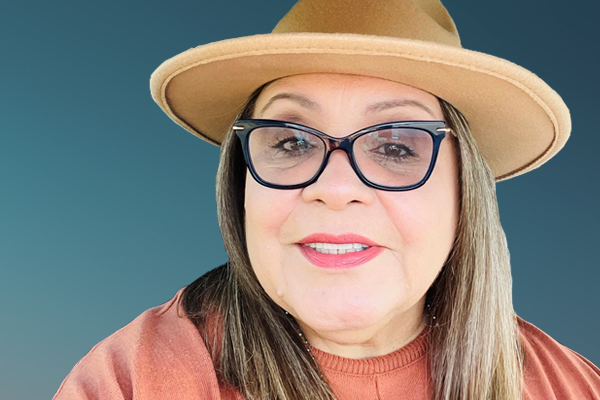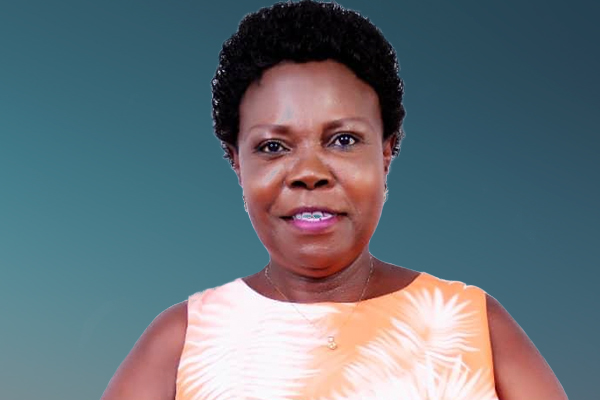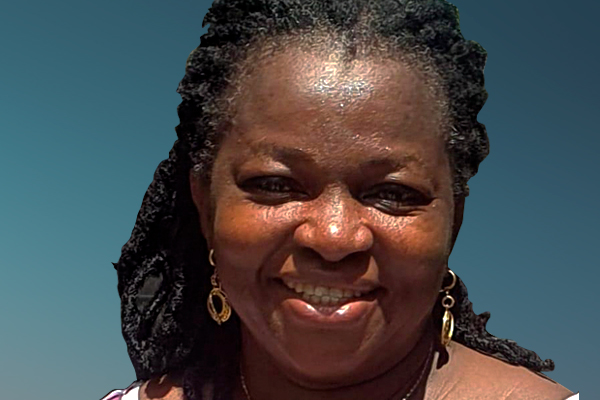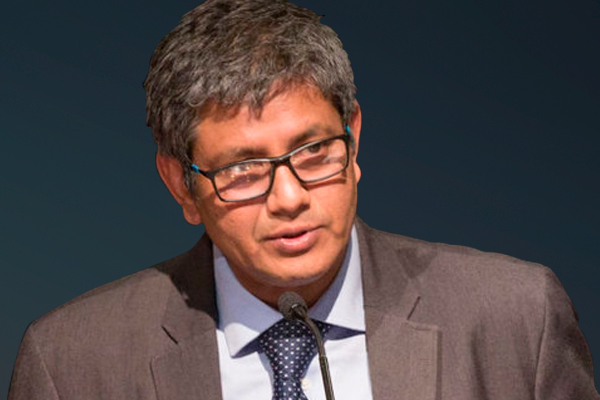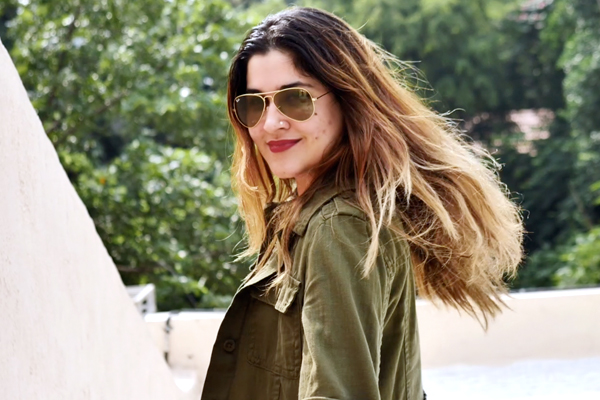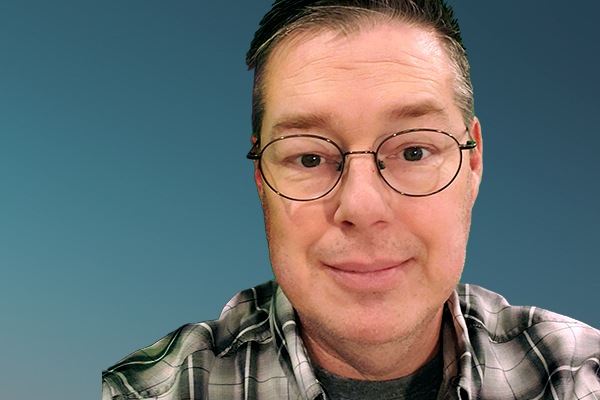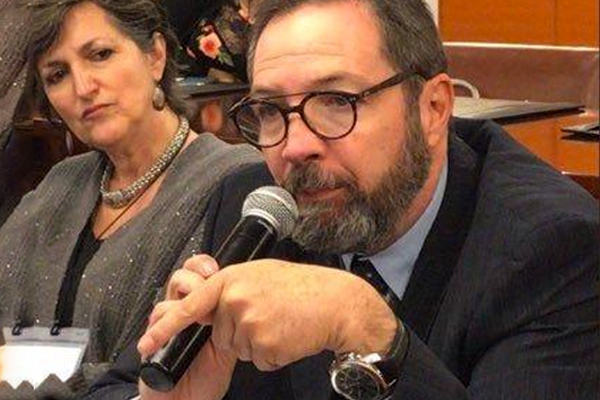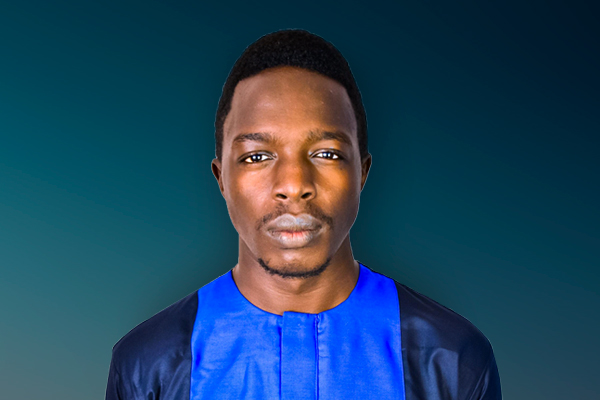Hi, my name is Noura Arnous and I am a Syrian refugee living in Jordan since 2013. I am living with multiple NCD’s including hypertension and breast cancer.
I believe every human should have an equal opportunity to quality cancer treatment. I also believe that financial capacity should never be the basis for accessing lifesaving treatment.
21 November 2023
My journey as a refugee living with NCDs
My journey of living with multiple chronic conditions, including hypertension and cancer, began in Jordan, where I relocated as a refugee with my family during the Syrian war. My husband and I are both unemployed and we have one son in college, so I felt concerned at the onset of my first symptoms about how I would access care for my hypertension.
Fortunately, Jordan's Ministry of Health subsidises medication costs for both refugees and citizens for some NCDs such as hypertension. I usually go to a medical health center, which is part of the Ministry of Health, where I receive my monthly medication for hypertension in exchange for a small fee. However, after my cancer diagnosis, I started getting my hypertension medication for free along with my other cancer medications. This is because all medications are covered as part of the King Hussein Cancer Foundation (KHCF) Goodwill Funds, which I share details of later in this entry.
As for my cancer journey, my symptoms started six years ago, when I suffered from sudden weight loss, back pain and general fatigue. Unlike with hypertension, refugees are not eligible for coverage or financial support from Jordan's Ministry of Health for cancer services. Fortunately, I found a health center that offered discounts on mammogram tests for breast cancer awareness month during the month of October and this is when I was officially diagnosed with breast cancer.
Even though I knew then that I had cancer, I could not begin treatment immediately as I did not have enough money. Cancer treatment is expensive and as an unemployed refugee, I had no means to cover my treatment. I had a feeling of uttermost desperation as I knew the cancer was growing and spreading in my body and I couldn’t find anyone to help me cover my treatment. I searched and asked around for means of help at many medical aid centers, but unfortunately no one could help me.
After many setbacks to find financial coverage, I was advised by my neighbour to head to KHCF, as they provide Goodwill Funds to cover the full cost of cancer treatment for many refugees, almost 5,200 so far, in light of the fact that there is no financial coverage for refugee cancer care. I was very lucky to be one of the refugees to receive this support and felt so grateful to finally have a second chance at life. I am also grateful for the support of my family and friends as they helped me maintain a positive mindset throughout that difficult time.
20 December 2023
Ahmad's journey
At one of my appointments at the King Hussein Cancer Center (KHCC), I met Ahmad, who is also a Syrian refugee and came to Jordan after the Syrian war. Ahmad has been in Jordan since 2018 and shared with me that he was diagnosed with prostate cancer in 2021. After going to a doctor who worked at a private hospital, the doctor asked him for a biopsy which he had to pay for in cash, as he did not have access to medical insurance. This biopsy later confirmed his cancer. Ahmad struggled financially and told me that he was desperate to find the money for his procedure and had asked his brothers for help. During this time, his cancer spread to his diaphragm and ribcage. Ahmad knocked on many doors and was rejected. Then he heard about the KHCF Goodwill Funds for refugees from his cousin and was able to benefit from this support and undergo the procedure he desperately needed to save his life.
During his first appointment at KHCF, Ahmad was referred to the psychosocial team for an initial mental health assessment. This is a service provided for every patient who has officially been diagnosed with cancer and has begun their treatment through support from KHCF. The assessment evaluates the level of distress surrounding a cancer diagnosis and is based on three main pillars: social distress, emotional distress and physical distress. Based on this assessment, a psychosocial plan is set to go hand in hand with treatment.
Ahmad and I were also informed that in cooperation with KHCF, social workers and KHCF employees can provide access to accommodation, transportation, food coupons and many medical services. This was very helpful to both of us as patients and refugees who struggle financially. Ahmad told me that he benefited from the food coupons and from the transportation allowance, as he did not own a car and it was difficult for him to go back and forth for his treatments.
Even though Ahmad struggled just like me at the beginning of his journey, he is now doing well and is on the path to beating cancer. Unfortunately, this is not the case for many refugees who have not heard of the Goodwill Fund and are still struggling to find financial coverage for their treatment. Ahmad, myself and all refugees worldwide should have equitable access to cancer treatment regardless of our financial situation. We believe that no refugee should be left behind.
23 January 2024
My calls for action
As a refugee living in Jordan who has experienced financial difficulties from the cost of cancer treatment, I call upon the government to establish NCD diagnosis and treatment programs that cover the healthcare needs of refugees. Increased funding and resources are needed to ensure that all refugee populations in Jordan have equal access to quality cancer treatment and facilities. Every person that is a part of the cancer and NCD community should advocate for inclusive healthcare and treatment for all, regardless of nationality or financial background. We also need more investment in screening services, as this is an important step that is often overlooked and can significantly improve health outcomes and costs for cancer patients in the long run.
It is crucial for refugees to advocate for their right to access healthcare services. There are training opportunities, conferences and seminars that focus on the rights and voices of people living with NCDs and cancer. Refugees should be engaged in their patient journeys in order to identify and advocate for their needs.
It is also important that the livelihood of people living with cancer is sustained during their treatment, as many face difficulties such as losing their job, or they cannot continue their education. There is a need to develop policies that support people living with NCDs and ensure an equal opportunity to an education, job security, employment and to secure financing to support access to healthcare.
There is also a need to highlight the importance of providing mental health support and services during the treatment journey. This can be done through counselling services and psychosocial sessions. Policies must be enacted to ensure that refugees can access these services during their treatment journey.
In conclusion, addressing these healthcare access inequities faced by many refugees such as Ahmad and myself, particularly in the cancer and NCD community, demands efforts by lived experience advocates and people living with NCDs, policy makers, NGOs and government officials. Allocating resources and funding, changing policies to be more inclusive of refugees, and improving collaboration between all entities is of utmost importance. This not only safeguards the rights of people with cancer and sustains their livelihood, but also ensures an equitable society for all.
NCD Diaries
All refugees worldwide should have equal access to cancer treatment regardless of their financial situation. No refugee should be left behind.
Noura Arnous, lived experience of cancer, Jordan
About NCD DIARIES
The NCD Diaries use rich and immersive multimedia approaches to share lived experiences to drive change, using a public narrative framework.

